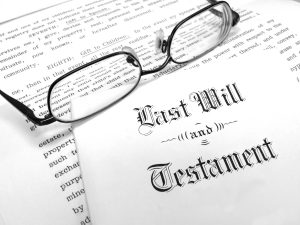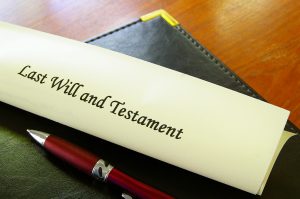
Specifically, the testator “must have the intelligent knowledge of his or her natural objects of their bounty, property, and possessions, and must know what he or she wishes to do with those assets.” Continue reading “The Fundamentals of Capacity when Executing a Will”







 Owning a successful business takes years of hard work and dedication. But failing to establish an estate plan that accounts for your business, could place your business in jeopardy upon death. While many individuals shy away from estate planning because of the chilling thought of death, assuring your business remains viable upon death could mean the difference in providing for your family, employees, and loved ones in the long run. Proper estate planning can take into account various aspects of business ownership and help ensure that your business continues to operate as you see fit.
Owning a successful business takes years of hard work and dedication. But failing to establish an estate plan that accounts for your business, could place your business in jeopardy upon death. While many individuals shy away from estate planning because of the chilling thought of death, assuring your business remains viable upon death could mean the difference in providing for your family, employees, and loved ones in the long run. Proper estate planning can take into account various aspects of business ownership and help ensure that your business continues to operate as you see fit. 